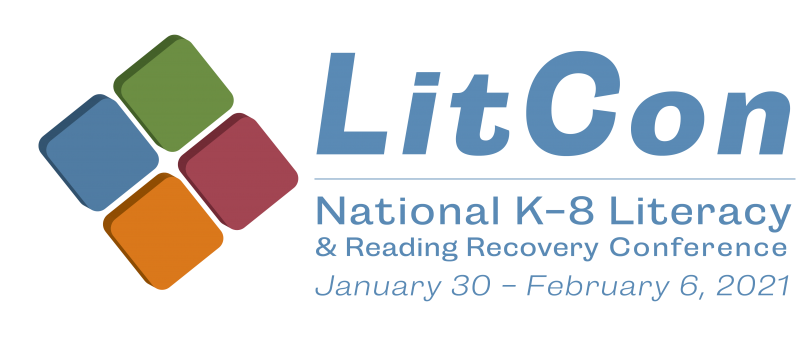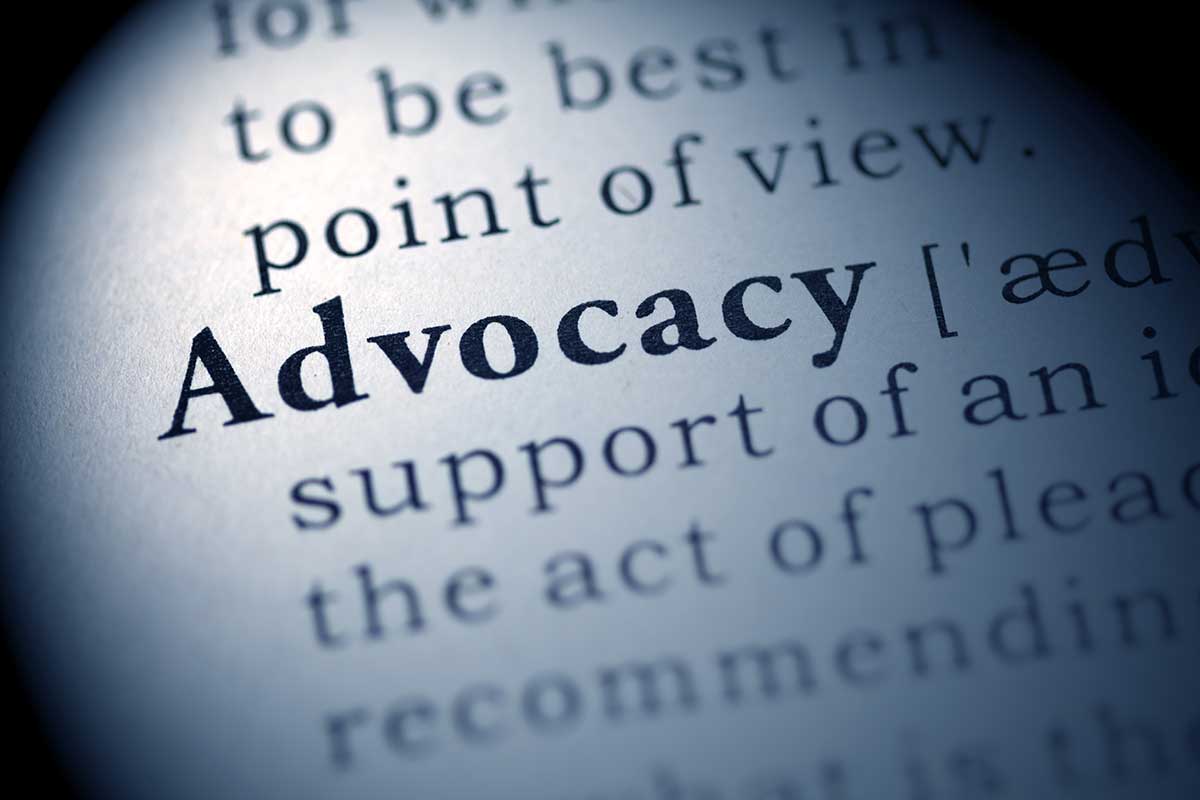LitCon Vlog Contest Winner – Becky Fritz
Becky Fritz has won a free registration to LitCon 2021 – congratulations!
How has professional development improved your practice and promoted equity, equality, and excellence for your students?
by Becky Fritz
Becky Fritz is a Reading Recovery Teacher with Fayette County Public Schools, Lexington, KY
What are you most looking forward to at LitCon 2021?
I am most looking forward to getting to learn from other professionals. This school year has been isolating, so seeing and interacting with others, even online is encouraging.
Describe the impact this yearly PD at LitCon has on your teaching and leadership, even this year in its virtual format.
LitCon fosters collaboration for me. As soon as a session is over, I debrief with our team and we dream about how we can bring back what we have learned to our classroom and our school. I like to write down a couple of things that we can tangibly do right away and some things that may have to wait until later. Sharing ideas across the district has happened as well, through Title-I-sponsored PDs. I always come back energized and ready to try new things.
What session are you most looking forward to?
So many, here are a few:
- Digging Deeper into Comprehension across the RR Lesson with Lea McGee
- Word Work across the RR Lesson with Jamie Lipp
- Hard to Teach for Me with Maryanne McBride
- What’s your Point with Leslie McBane
Learn more about LitCon 2021!













Stories, humor, quotes, announcements